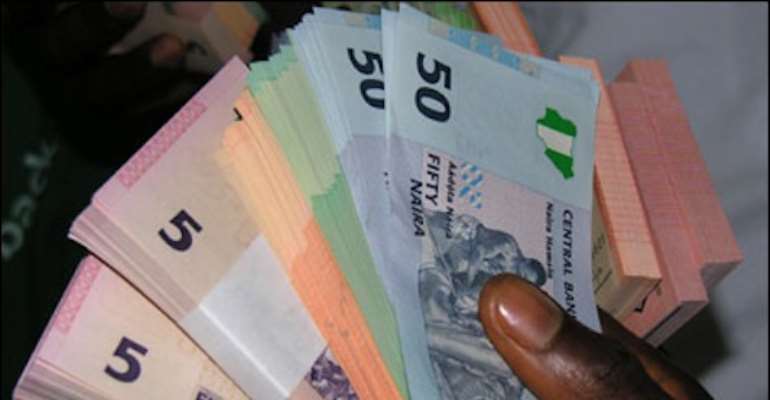Why Hike The Cost Of Borrowing By 200 Points In A Recession?

In its most recent meeting held Tuesday, 26th July, 2016- last week, the Monetary Policy Committee members voted in favour of hiking the base interest rate, MPR, from 12% to 14% a 2 percent increase or 200 basis points thus increasing the cost of borrowing across the money and Capital markets in the country as Bond prices would also need to be adjusted.
This hike coming on top of a 100 points increase in late April, 2016, the preceding meeting, when the rate was increased from 11% to 12% is one more hike too many and call to question the judgement of our Monetary policy Decision makers at the Central Bank.
Whilst the ministry of Finance and many local and international observers of the Nigerian economy believe the Nigerian economy is in full scale recession, the Central bank of Nigeria prefers to call it “Stagflation,” a stagnating economy buffeted by hyper inflation- and that thinking seems to guide their decisions to always hike interest rate to curb inflationary spiral.
Another reason adduced for the latest hike is the need to attract Foreign investors to bring their foreign currencies and invest largely in Nigerian money market instruments- Treasury bills, Commercial Papers, Certificate of Deposits and even Bank saving accounts, where the yield at over 14%APR will dwarf the almost zero to 2% offered in alternate markets of the Western economies and Japan.
Whist I agree that Economic (Monetary) policies are mutually conflicting- you may be trying to achieve price stability and adopt policies which may curb inflation but end up creating unemployment. I however doubt whether the CBN could get any meaningful result on both (attracting foreign exchange and curbing inflation) counts.
First foreign investors do not have any confidence in the Nigerian economy at the moment and not ready to invest in a high risk economy with a very volatile exchange rate that will continue to slide downwards because FX Supply sources are dwindling whilst demand remain steady, if not rising indicating they can continue to wait and cash in later when they can get far more Naira for their hoarded Dollar, far more than they will get from interest gains;
Secondly, the inflation in Nigeria is largely the “Cost-push” type, not “Demand-Pull.” It’s clear that aggregate demands of goods and services in terms of quantity have fallen, yet value continues to rise in the last one year. Cost of production has escalated over the period because of the cost of importing essential inputs in the production chain.
Other than Labour cost which has frozen, because of high unemployment and the inability of the unions to ask for more wages, every other input factor costs has escalated. So it will be double jeopardy to inflict more costs on producers and manufacturers through hike in interest rates which increases their costs and thus further exacerbate the already rampant Cost-push inflation.
One would have thought that in such recessionary period as Nigeria is going through, an expansionist money supply policy of reduced interest rate would be pursued to reflate the economy and help manufacturers and local producers reduce their cost of production instead of a restrictive one of increasing their costs- which they would inevitably pass to the final consumers- worsening the inflationary trend! Reducing interest rate to a single digit level would have been the ideal thing to do instead of these worrying hike of interest rates.
